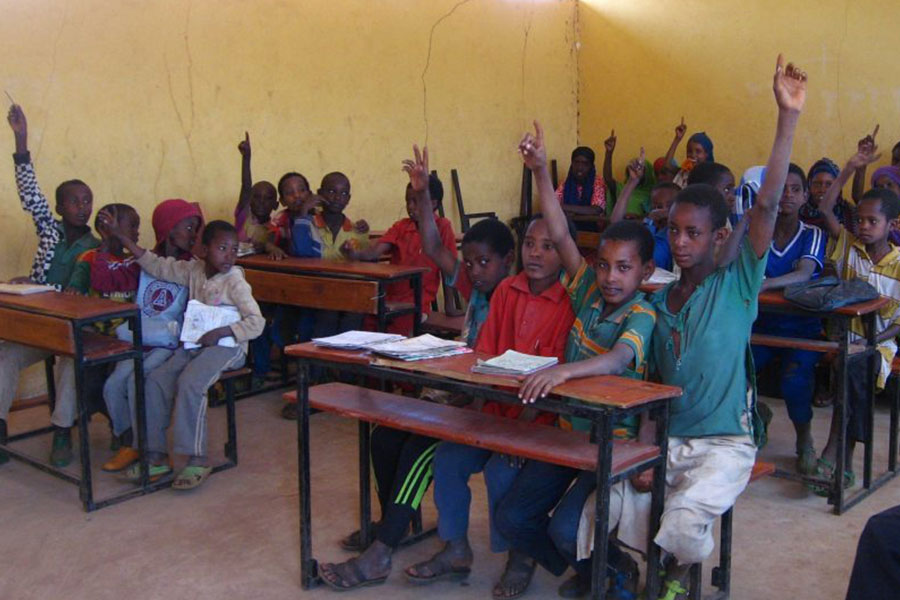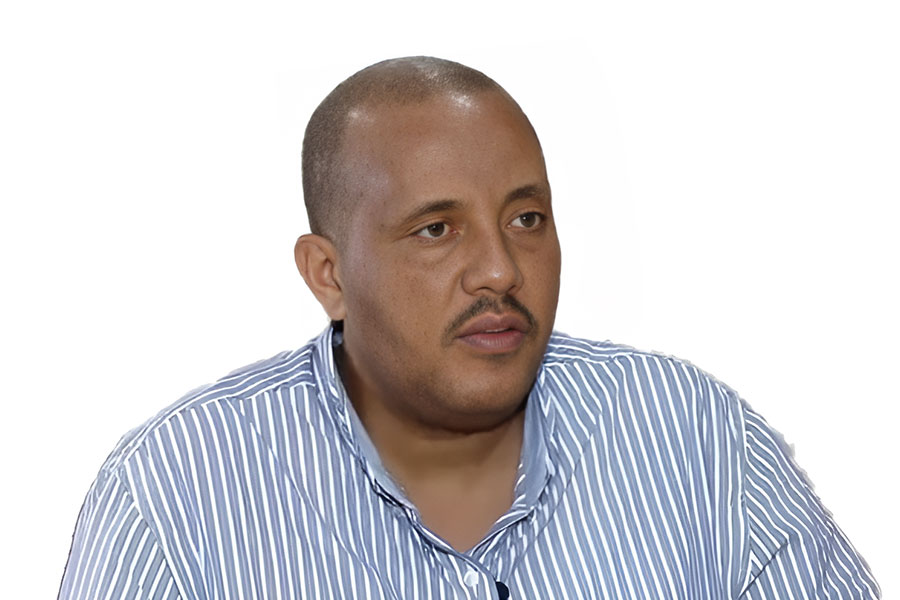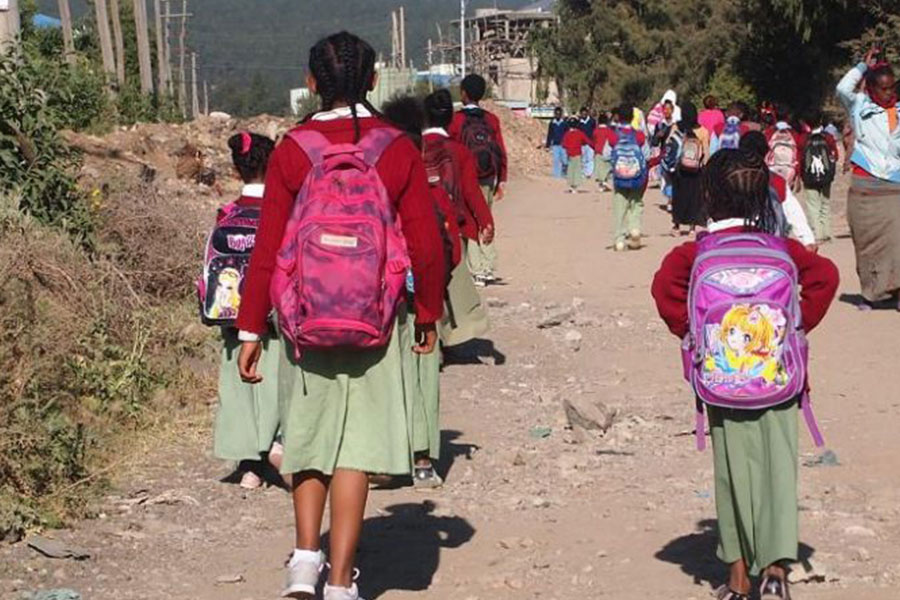
Radar | Nov 07,2020
Last week, it was after the bugle call rang out, which signalled the bi-weekly refuse collection in our neighbourhood, and as soon as the ensuing crowd commotion faded, that I went out with my bags of household waste. It had accumulated over the week and was held in a tight plastic bag tied neatly.
As I arrived at the orderly bagged and piled collection spot, a cleanly dressed young girl was finishing up. While she was not wearing a face mask properly, she was sifting through the orderly pile, transferring refuse from one half-filled bag to another. At the same time, she was making sure that her shining new clothes peaking through her uniform were safe from the solid waste.
This was sad to see. Her job clearly presents health risks, given that waste is a melting pot for all types of diseases. Unfortunately, outside of the uniform she was wearing, there was not much to the personal protective gear that her job needs to ensure that she is safe from long-term risk to her physical well-being. Nonetheless, she believed she was safe the whole time because she was donning a uniform over herself and placing a mask on her face.
She brought to my mind the story of Douglas “Wrong Way” Corrigan, an American aviator. The 31-year-old flew from California to New York in a record time of fewer than 28 hours and took off the next day in his tattered plane, which had no radio, beam finder, or safety devices, and reportedly with a failed safety inspection poised to return to California. The extra gas tanks blocking his view, he took off in a westerly direction from New York, but unbeknownst to him headed out over the Atlantic Ocean. Presumably, he flew through a thick fog, convinced he was California-bound until the fog lifted in a fine morning and exposed the grass roofs and cobblestoned streets of Ireland.
This is an excellent instance of attempting to accomplish something with the right intention but ending up doing something completely wrong. Of course, it needs to be kept in mind that Corrigan probably only claimed that he wrongly flew over the Atlantic to Ireland. Historians believe he did it on purpose.
The issue of safety was further imprinted in my mind after I became a safety trainer at a company. When I was assigned first as a novice, my understanding of safety was negligible. Yet, it took only some months of hard work to put my thoughts about everything we do on and off duty within or outside company premises into lanes of either safe or not-safe.
Workplace conditions used to be regularly checked by myself and my teammates, and we strived to identify serious risks with the overall objective of early identification of hazards to provide adequate and reliable prevention. We had an up-to-date set of all relevant safety and health regulations and best practices. We took the initiative to write safe working practices for all tasks where a significant element of risk has been assessed. Above all, we strived to make operation managers part of a safety culture to value safety equally with productivity.
This should be what prevails in every work environment, especially those that are high risk. Safety and health standards should be guaranteed by any employer, from awareness creation to application. Regulators should be as vigorous in auditing the environmental and safety standards of institutions as they do with their accounts.
Small improvements in equipment and the quality of the tools employees are given to work with can make significant differences. Take the seat belt as an example. It was originally utilised on aeroplanes. In 1959, Nils Bohlin, a Swedish inventor, designed the three-point seat belt device we now know. It is estimated that hundreds of thousands of people now owe their lives to this technology. The same should be done for working in risk-prone professions, such as waste management, factories and construction.
PUBLISHED ON
Oct 09,2021 [ VOL
22 , NO
1119]


Radar | Nov 07,2020

View From Arada | Jun 12,2021

Commentaries | Dec 09,2023

Featured | May 11,2019

Verbatim | Sep 10,2023

Advertorials | Apr 10,2023

Viewpoints | Jun 20,2020

Commentaries | Aug 20,2022

Sunday with Eden | Oct 23,2021

View From Arada | Aug 28,2021

Dec 22 , 2024 . By TIZITA SHEWAFERAW
Charged with transforming colossal state-owned enterprises into modern and competitiv...

Aug 18 , 2024 . By AKSAH ITALO
Although predictable Yonas Zerihun's job in the ride-hailing service is not immune to...

Jul 28 , 2024 . By TIZITA SHEWAFERAW
Unhabitual, perhaps too many, Samuel Gebreyohannes, 38, used to occasionally enjoy a couple of beers at breakfast. However, he recently swit...

Jul 13 , 2024 . By AKSAH ITALO
Investors who rely on tractors, trucks, and field vehicles for commuting, transporting commodities, and f...

Oct 25 , 2025
The regulatory machinery is on overdrive. In only two years, no fewer than 35 new pro...

Oct 18 , 2025
The political establishment, notably the ruling party and its top brass, has become p...

Oct 11 , 2025
Ladislas Farago, a roving Associated Press (AP) correspondent, arrived in Ethiopia in...

Oct 4 , 2025
Eyob Tekalegn (PhD) had been in the Governor's chair for only weeks when, on Septembe...